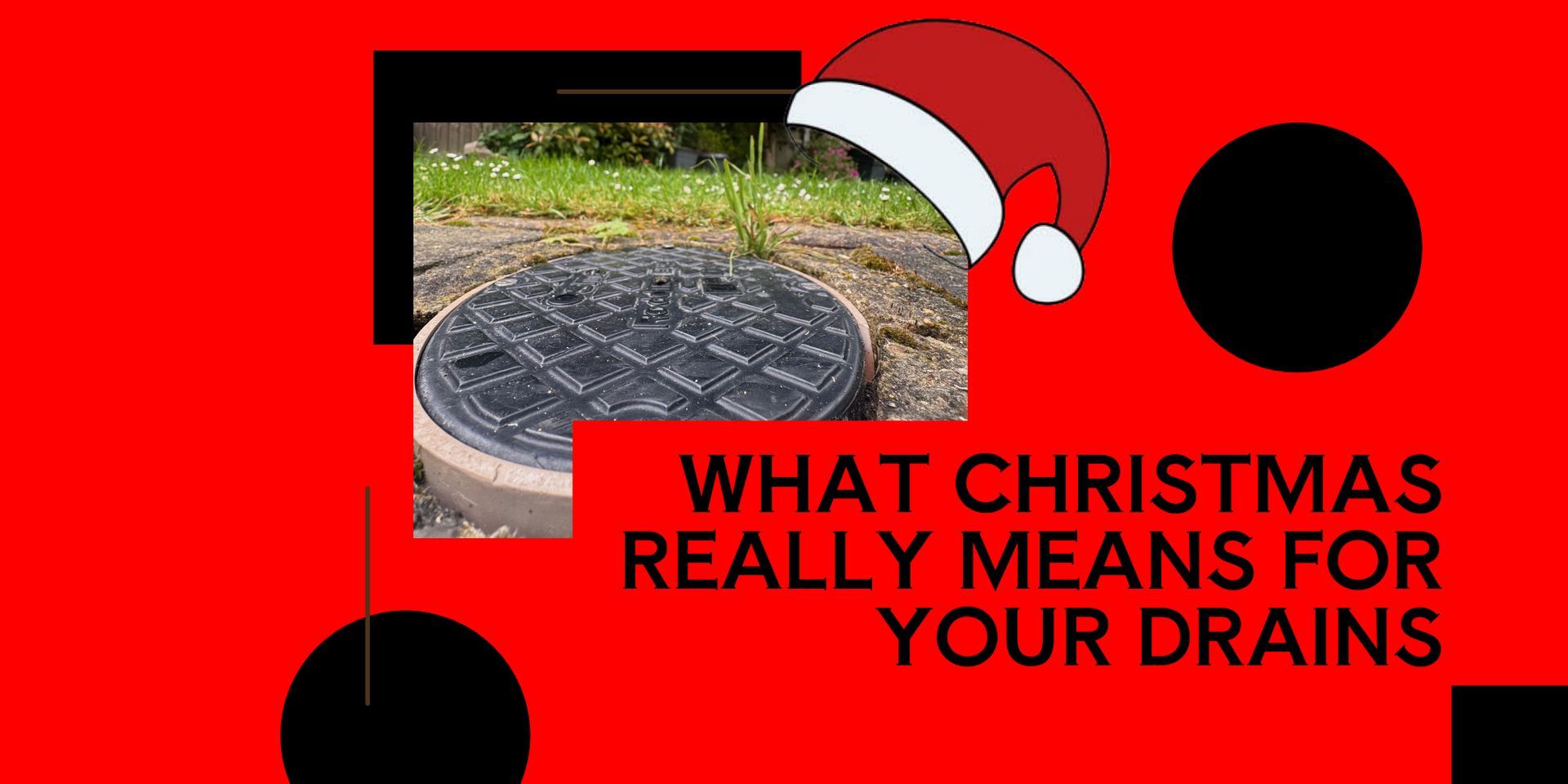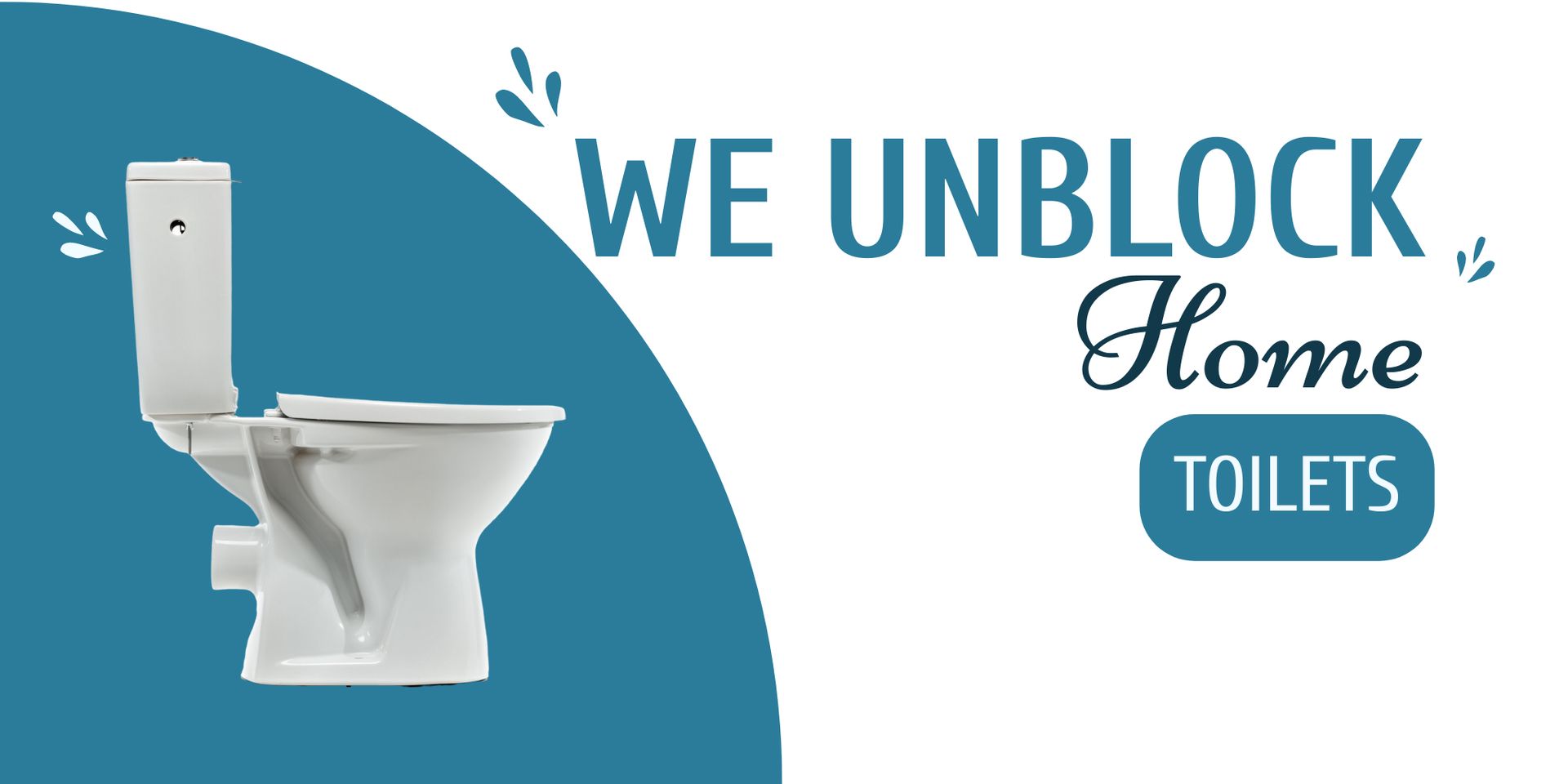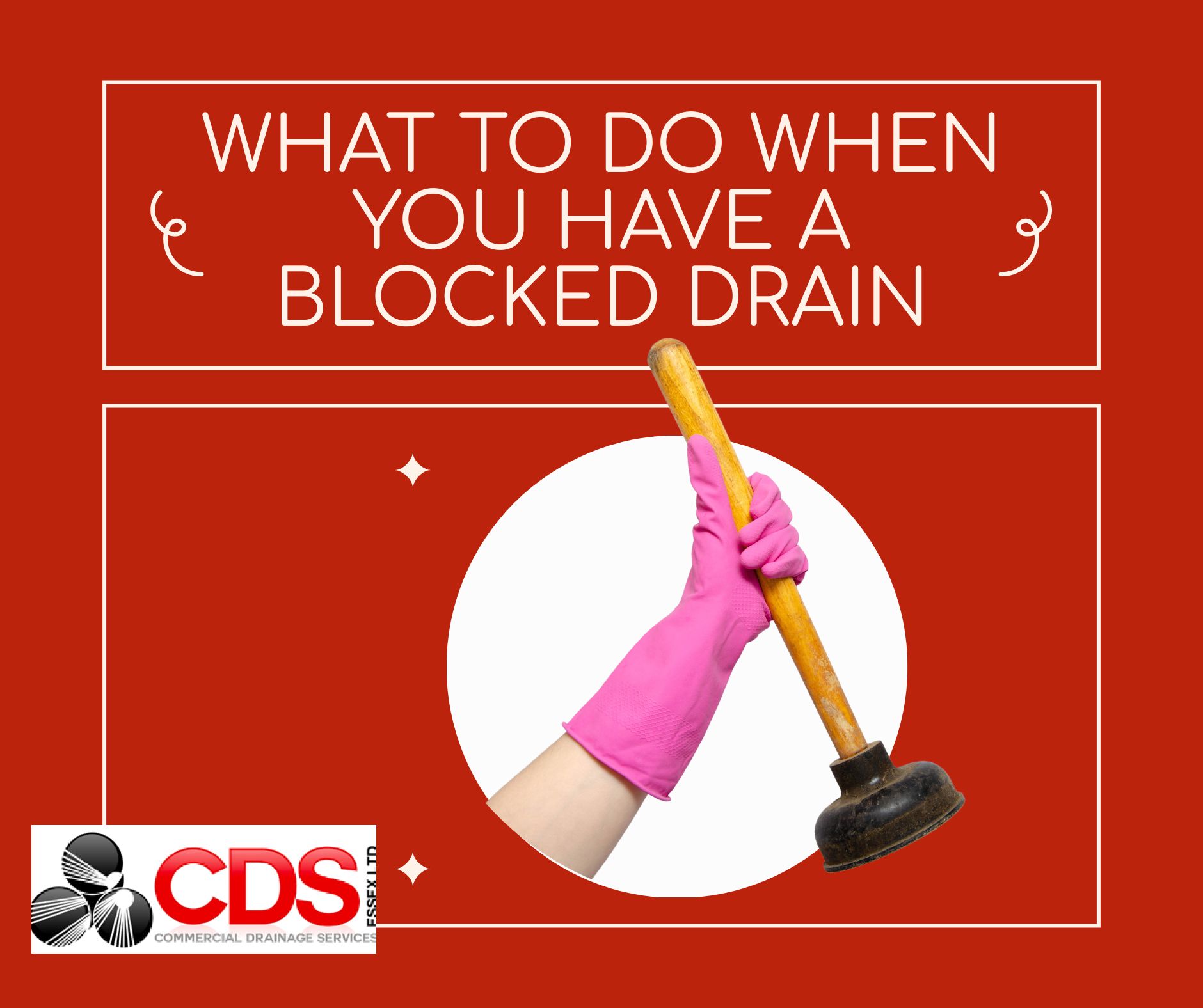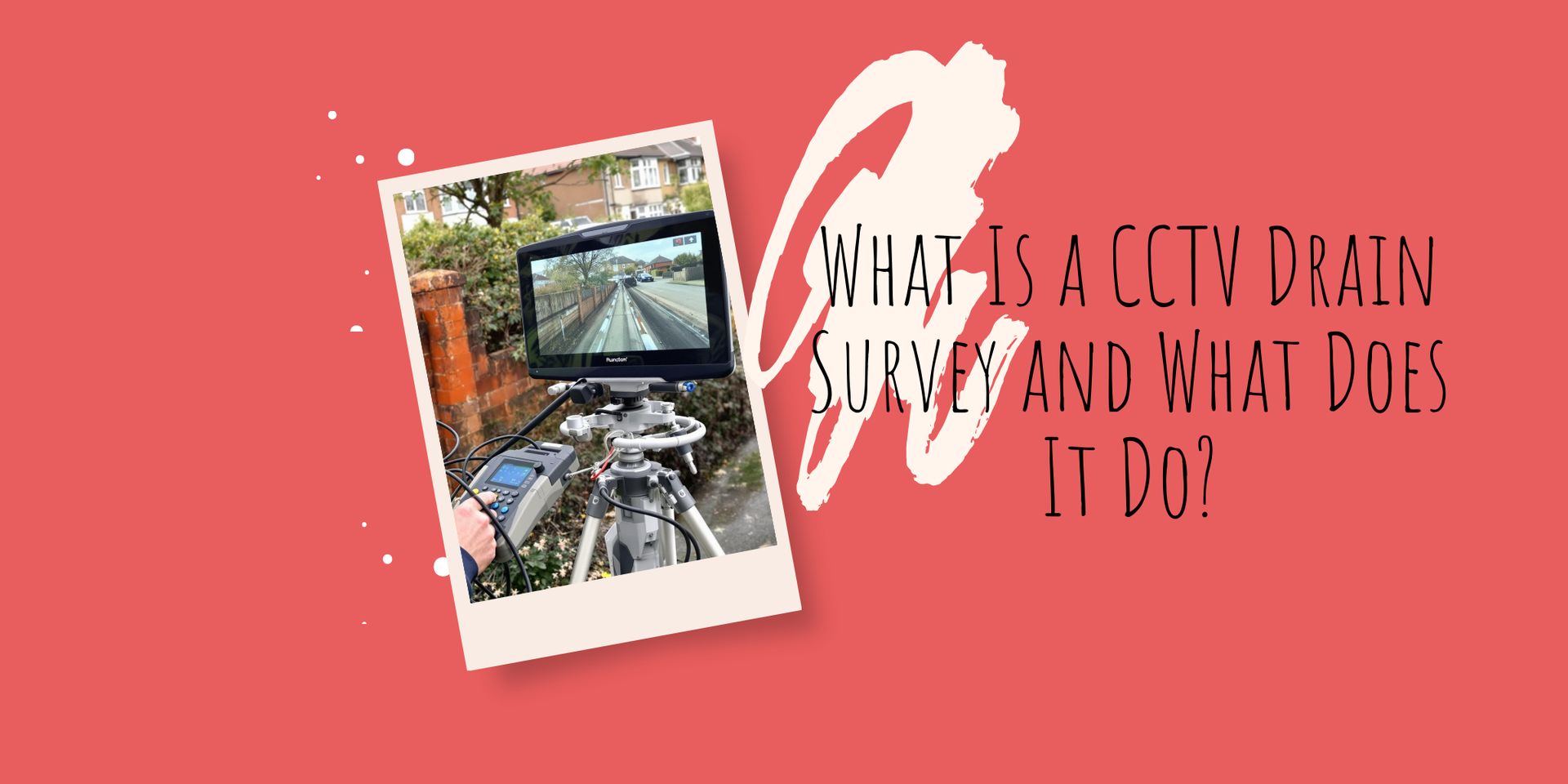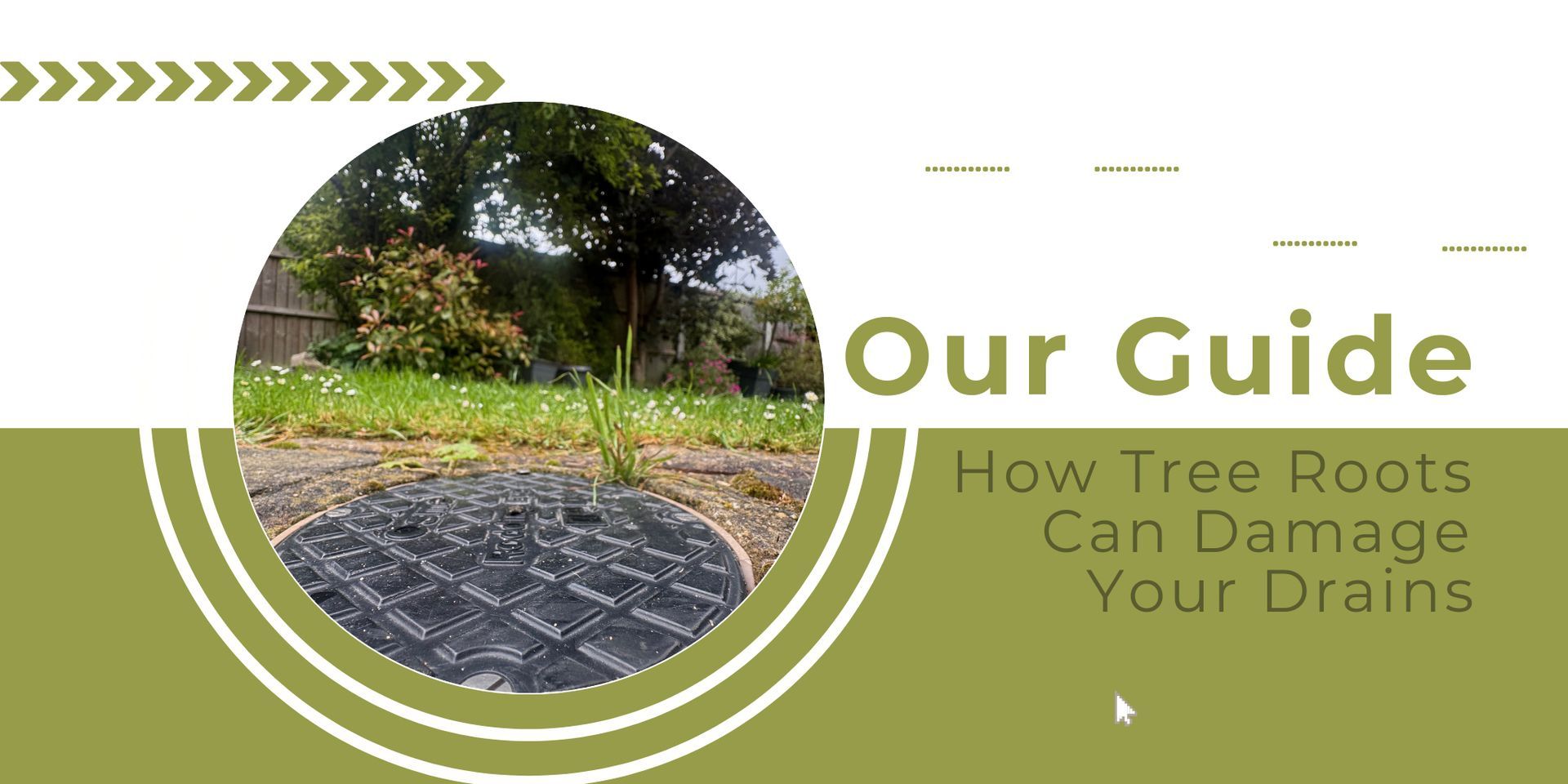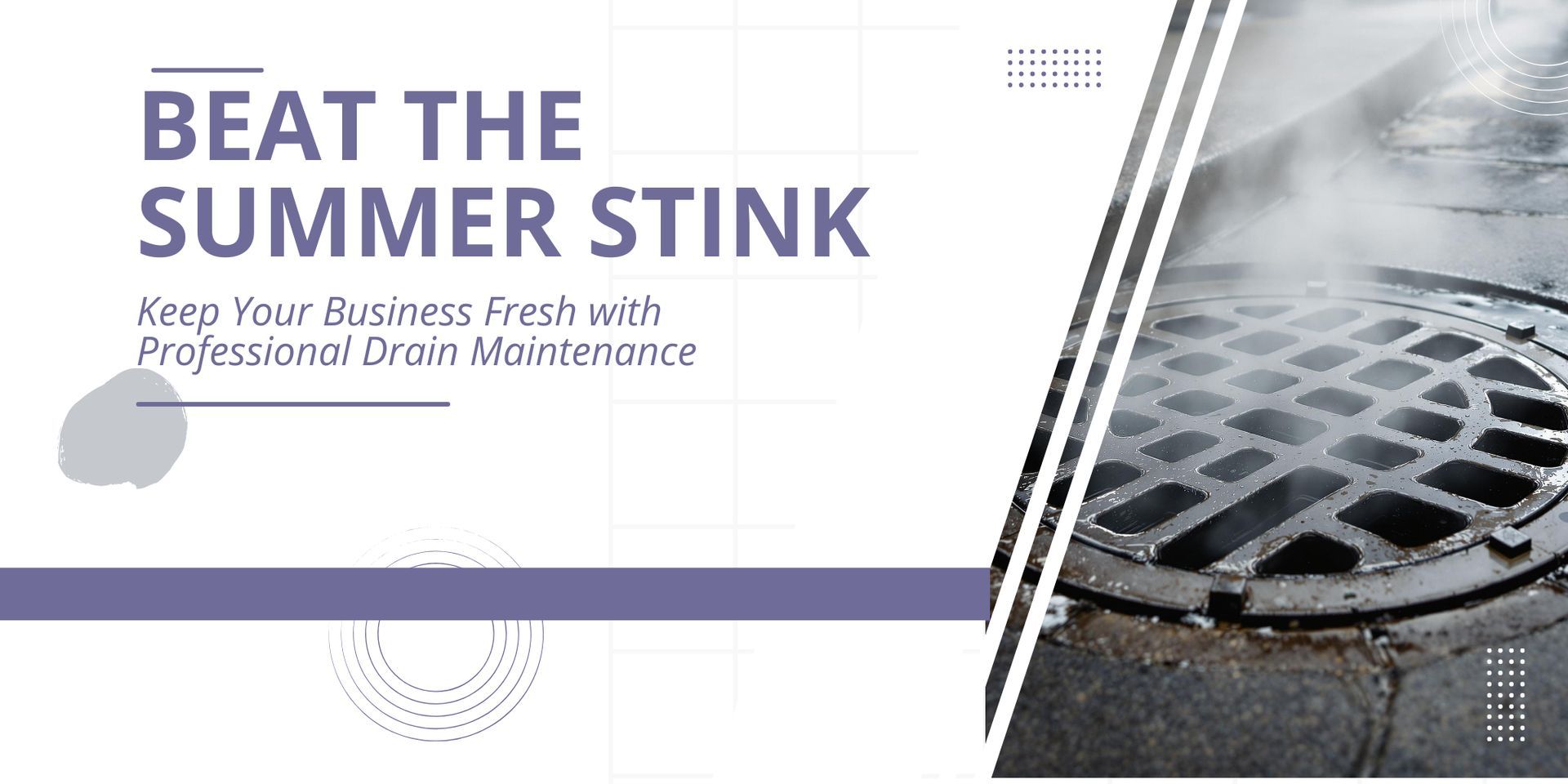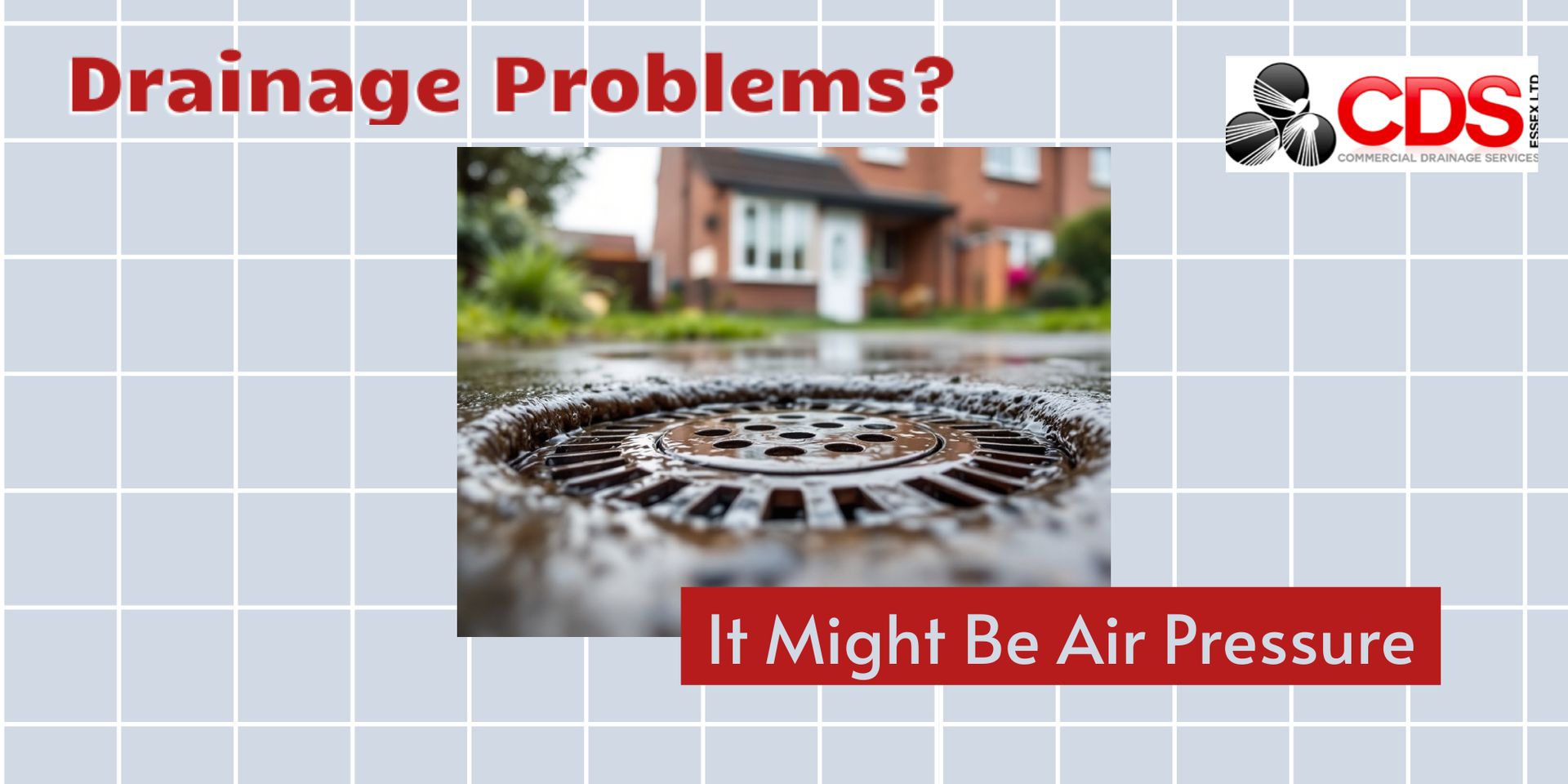4 Essential Tips for Keeping Your Home's Drains Flowing
Prevention is always more convenient and cost-effective than dealing with blockages
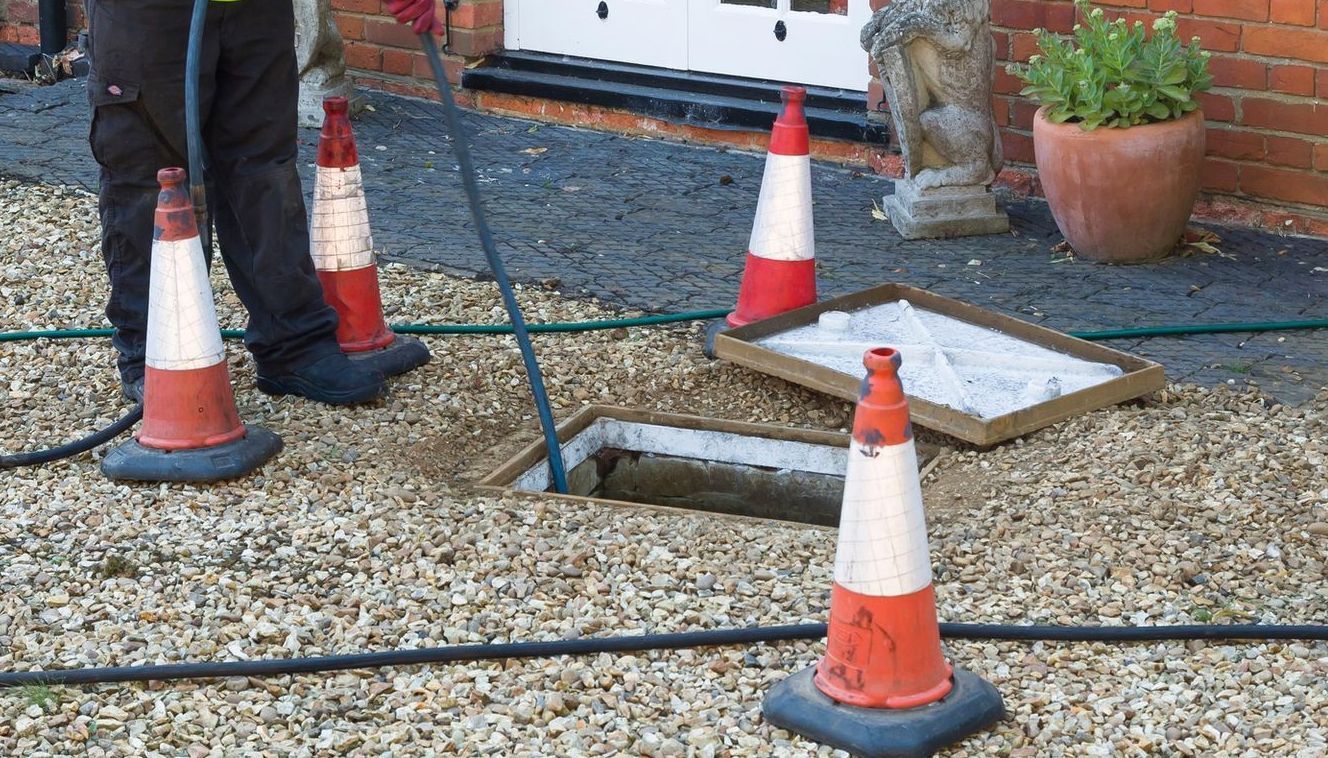
Blocked drains are one of the most common problems we encounter during our call-outs across Essex, Kent, and London. The frustrating part? Most of these blockages could have been prevented with some basic maintenance habits.
Here are four straightforward tips that will help keep your drains clear and reduce the likelihood of needing emergency drainage services.
1. Be Selective About What Goes Down Your Drains
Kitchen drains suffer most from cooking fats and oils. When these substances cool down in your pipes, they solidify and create sticky traps for other debris. Instead of washing fats down the sink, collect them in a container and dispose of them with your household waste.
Bathroom drains typically block due to hair accumulation. Installing inexpensive drain guards in showers and bathroom sinks catches hair before it enters your drainage system. These simple devices cost very little but prevent significant blockages.
Toilets should only handle human waste and toilet paper. Items like wet wipes, cotton buds, and sanitary products don't break down properly and can cause serious blockages in your main drainage lines.
2. Use Regular Hot Water Flushes
Running hot water through your drains weekly helps dissolve soap residue and minor build-ups before they become problematic.
This works particularly well for bathroom fixtures where soap scum tends to accumulate over time.
For kitchen sinks, combining hot water with natural cleaning agents like baking soda and white vinegar creates an effective maintenance routine.
The fizzing action helps break down grease deposits while eliminating unpleasant odours without using harsh chemicals that might damage your pipes.
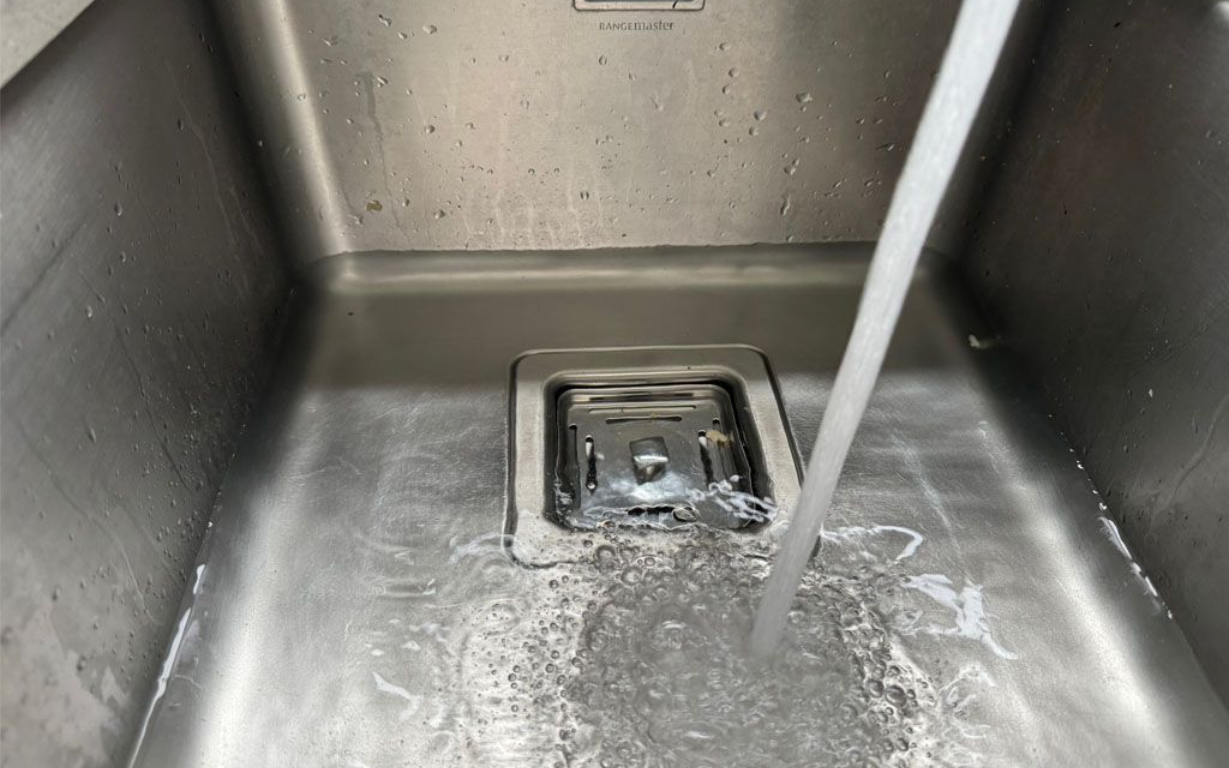
3. Recognise Early Warning Signs
Drainage problems rarely happen overnight. Slow-draining water usually indicates that debris is building up somewhere in your system.
Addressing these early signs with basic tools like plungers or drain snakes often prevents complete blockages.
Unusual sounds from your drains, particularly gurgling noises when using other fixtures, suggest air is being trapped by partial obstructions.
Persistent bad smells from drains typically mean organic matter is decomposing in your pipes. Tackling these warning signs early saves both time and money.
4. Consider Professional Maintenance
Even with excellent home care, your drainage system benefits from professional attention.
Annual inspections using CCTV technology can identify potential issues like root intrusion or pipe damage before they cause major disruptions to your household.
Professional high-pressure water jetting removes accumulated debris that regular household maintenance cannot shift.
This service is particularly valuable for main drainage lines and external drains that handle surface water from your property.
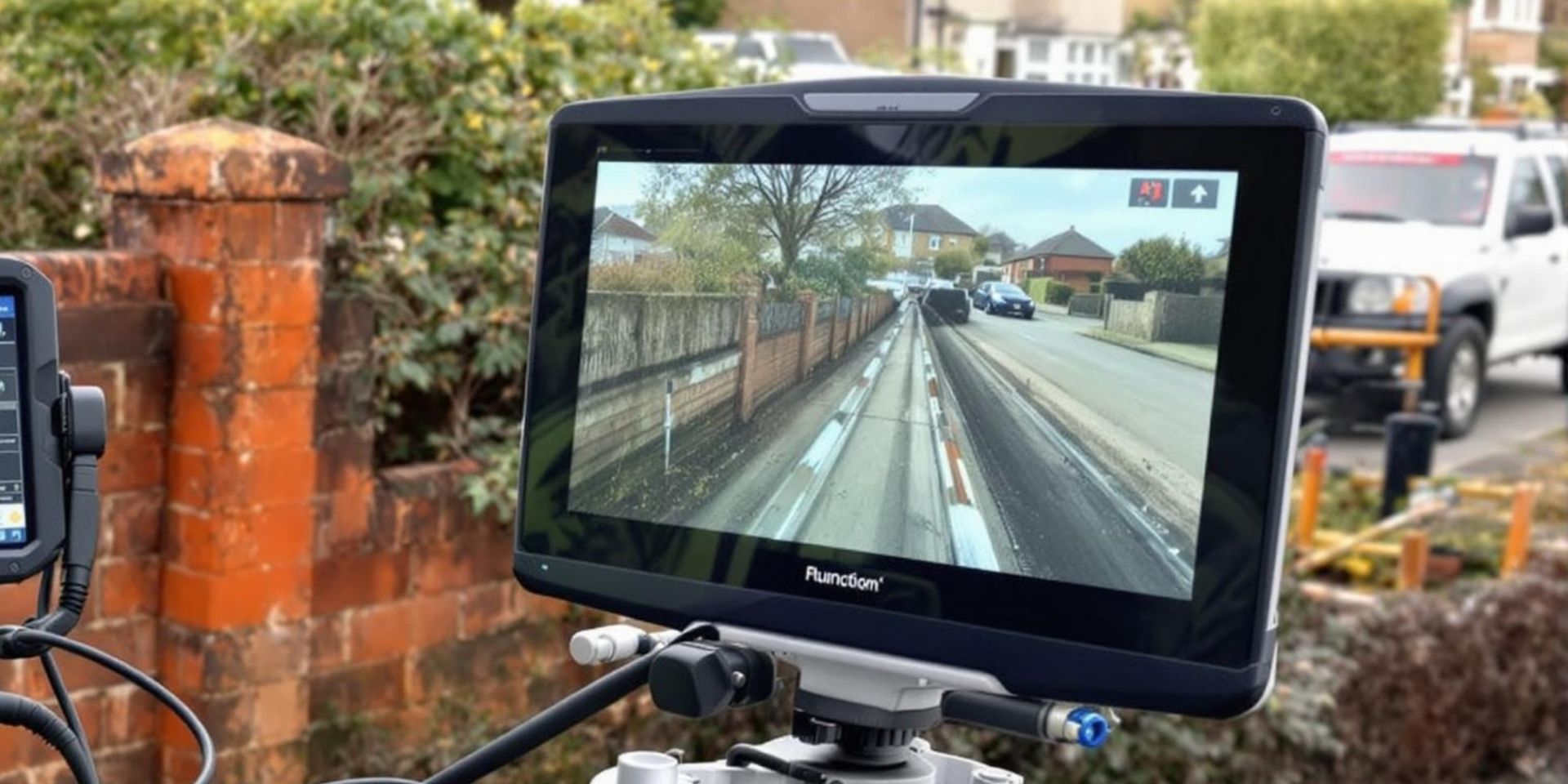
Prevention Beats Emergency Repairs
Regular drain maintenance requires minimal effort but prevents the stress and expense of emergency call-outs. These simple habits take just minutes each week but can save hundreds of pounds in repair costs.
When drainage problems persist despite good maintenance practices, professional diagnosis identifies the underlying cause rather than just treating symptoms.
This approach provides permanent solutions instead of temporary fixes.
Effective drain care means understanding that prevention is always more convenient and cost-effective than dealing with blockages after they occur.
Your drainage system works continuously - giving it regular attention ensures it continues functioning properly for years to come.

Geoff Ward


